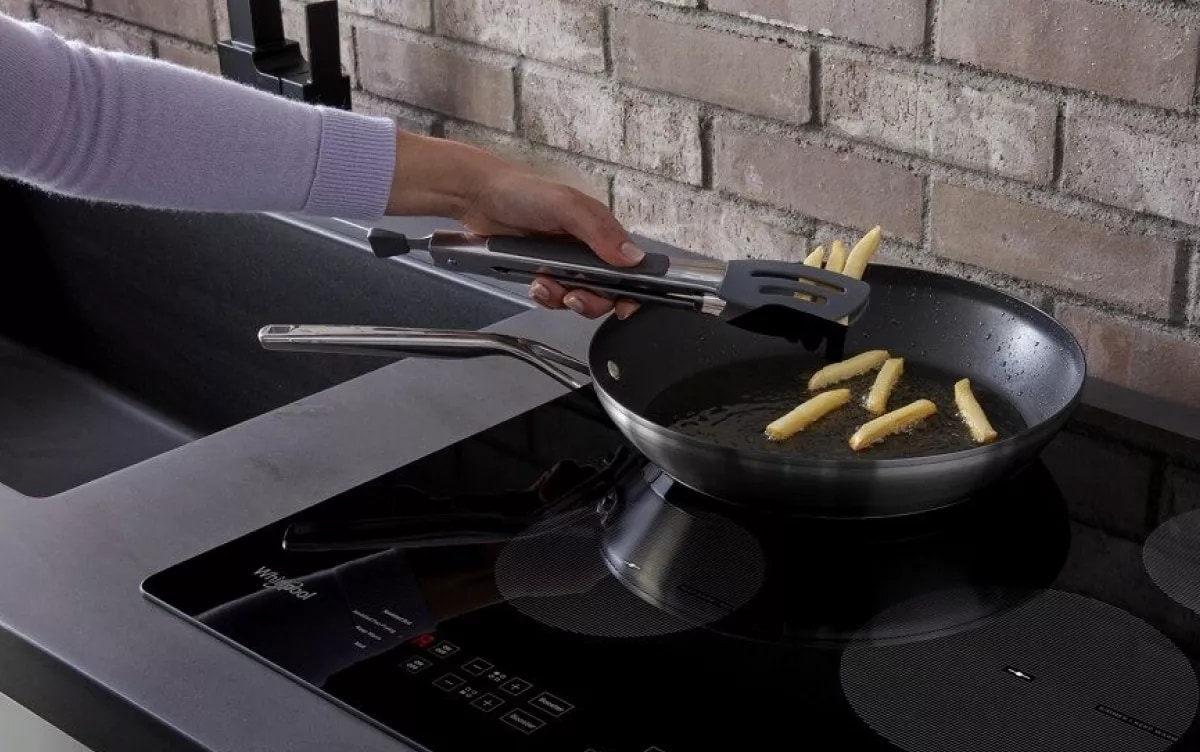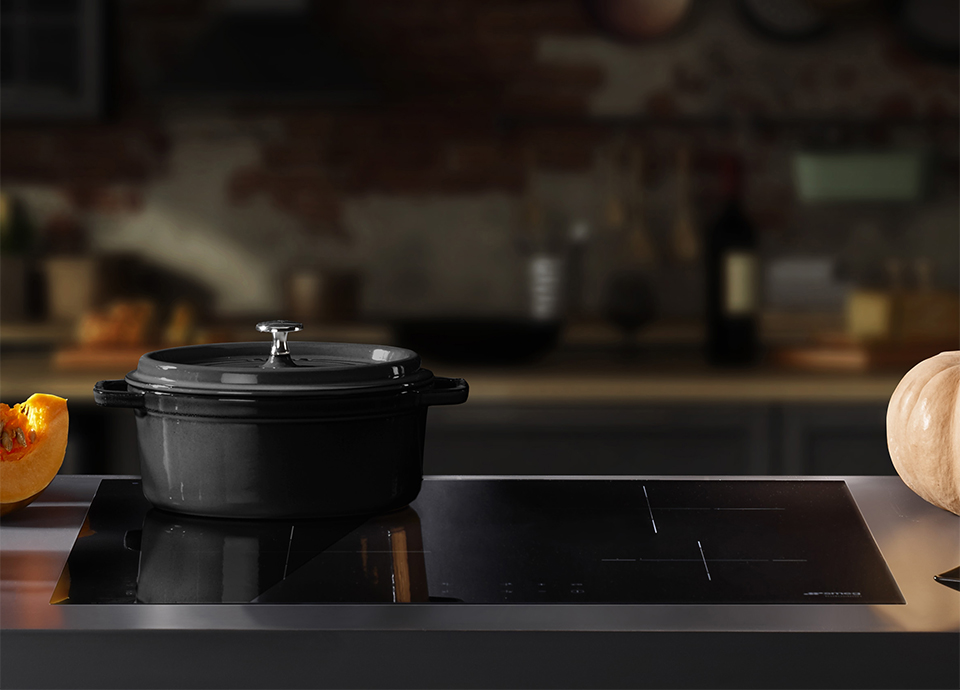Will Cast Iron Warp on Induction Cooktops and How to Handle It
Written By James Morgan
For barbecue enthusiasts who are passionate about their culinary endeavors, the question 'will cast iron warp on induction' surfaces quite often. The growing popularity of induction cooktops, known for their energy efficiency and speed, raises concerns about the compatibility and durability of traditional cookware like cast iron. In this article, we will delve into the factors that may cause cast iron to warp on induction cooktops, offering practical tips and insights for maintaining your beloved barbecue tools.

Understanding Induction Cooking
Before addressing the potential warping of cast iron, it's essential to understand how induction cooking works. Induction cooktops use electromagnetic fields to heat pots and pans directly. This method of cooking is faster and more efficient than traditional gas or electric stovetops. However, it requires specific types of cookware, such as those made of ferrous metals, which include cast iron.
Factors That May Cause Warping
While cast iron is generally compatible with induction cooktops, there are certain factors that could potentially cause warping. The primary concern is the rapid and uneven heating that can occur. Induction cooktops heat the cookware directly, which means that if the bottom of the pan is not perfectly flat, or if it heats too quickly, the metal may expand unevenly, leading to warping.
1. Uneven Heating
One of the main reasons cast iron might warp on induction is uneven heating. If the pan is not centered properly on the induction zone, it might heat unevenly, causing stress on the metal. To prevent this, always ensure that your cookware is well-positioned on the cooktop.
2. Rapid Temperature Changes
Another factor is the rapid changes in temperature. Induction cooktops can change temperature levels very quickly, which is great for cooking, but sudden shifts from hot to cold can stress the metal of your cast iron pan. To avoid this, try to gradually adjust the temperature rather than making abrupt changes.
How to Prevent Warping
Preventing warping involves a combination of proper usage and care of your cast iron cookware. Here are some tips to help maintain the integrity of your cookware:
1. Preheat Gradually
When using cast iron on an induction cooktop, preheat your pan gradually. Start with a low temperature and slowly increase the heat. This method allows the metal to expand evenly, reducing the risk of warping.
2. Avoid High Heat
Although cast iron is known for its ability to withstand high temperatures, consistently using high heat on an induction cooktop can be harsh on your pan. It's more efficient to use medium heat and allow the pan to heat thoroughly.
3. Proper Storage
Proper storage is crucial to maintaining your cast iron's shape. Avoid stacking heavy items on your cast iron pans, as this can warp the surface over time. Instead, store them in a manner that they are not under pressure from other items.
4. Use Compatible Cookware
Ensure that your cast iron cookware is compatible with induction cooktops. Most modern cast iron pans are suitable for induction, but it's always a good idea to check if your specific cookware is designed for this type of cooking.
Additional Tips for Cast Iron Care
For more detailed guidance on using cast iron over any heat source, you might find this Lodge Cast Iron guide useful. Additionally, for those interested in exploring more about induction-compatible pans, visit How to Tell if Cast Iron Works on Induction.
Conclusion
In conclusion, while cast iron can potentially warp on induction cooktops, this can be prevented with proper care and usage. Understanding the nature of induction cooking and taking steps to ensure even heating can help maintain the integrity of your cast iron cookware. For barbecue enthusiasts, maintaining your tools is key to achieving the best culinary results.

FAQs
1. Can I use any cast iron pan on an induction cooktop?
Most modern cast iron pans are compatible with induction cooktops. However, it's important to ensure that your specific cookware is designed for induction use.
2. Why does my cast iron pan warp?
Warping can occur due to rapid and uneven heating. Ensuring even placement on the induction zone and avoiding sudden temperature changes can help prevent warping.
3. How can I tell if my cast iron is suitable for induction?
To determine if your cast iron is suitable for induction, you can refer to this detailed guide.



